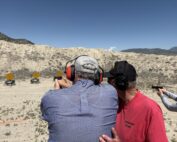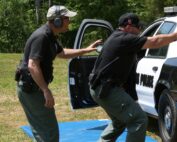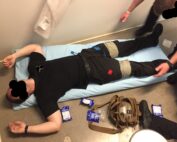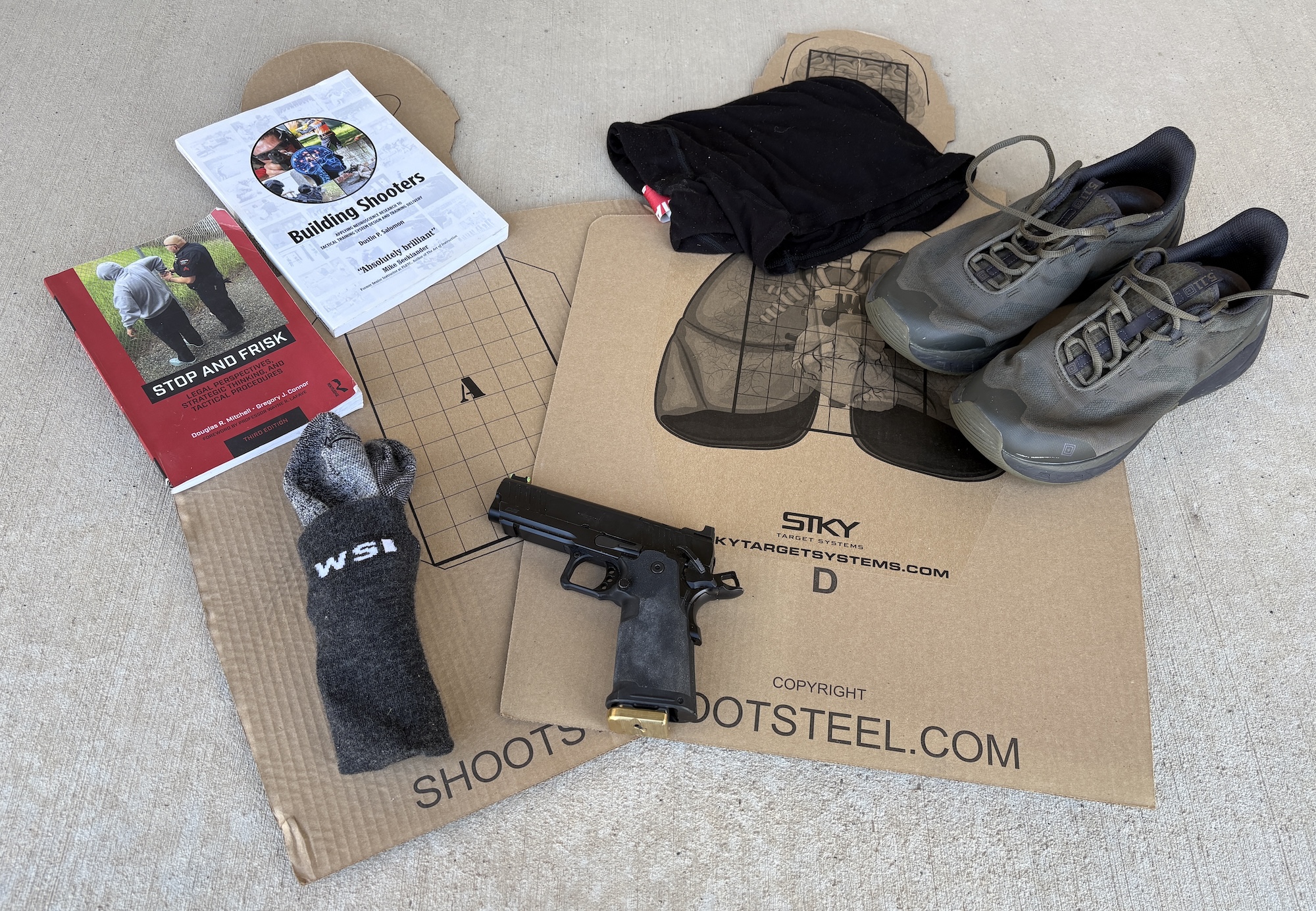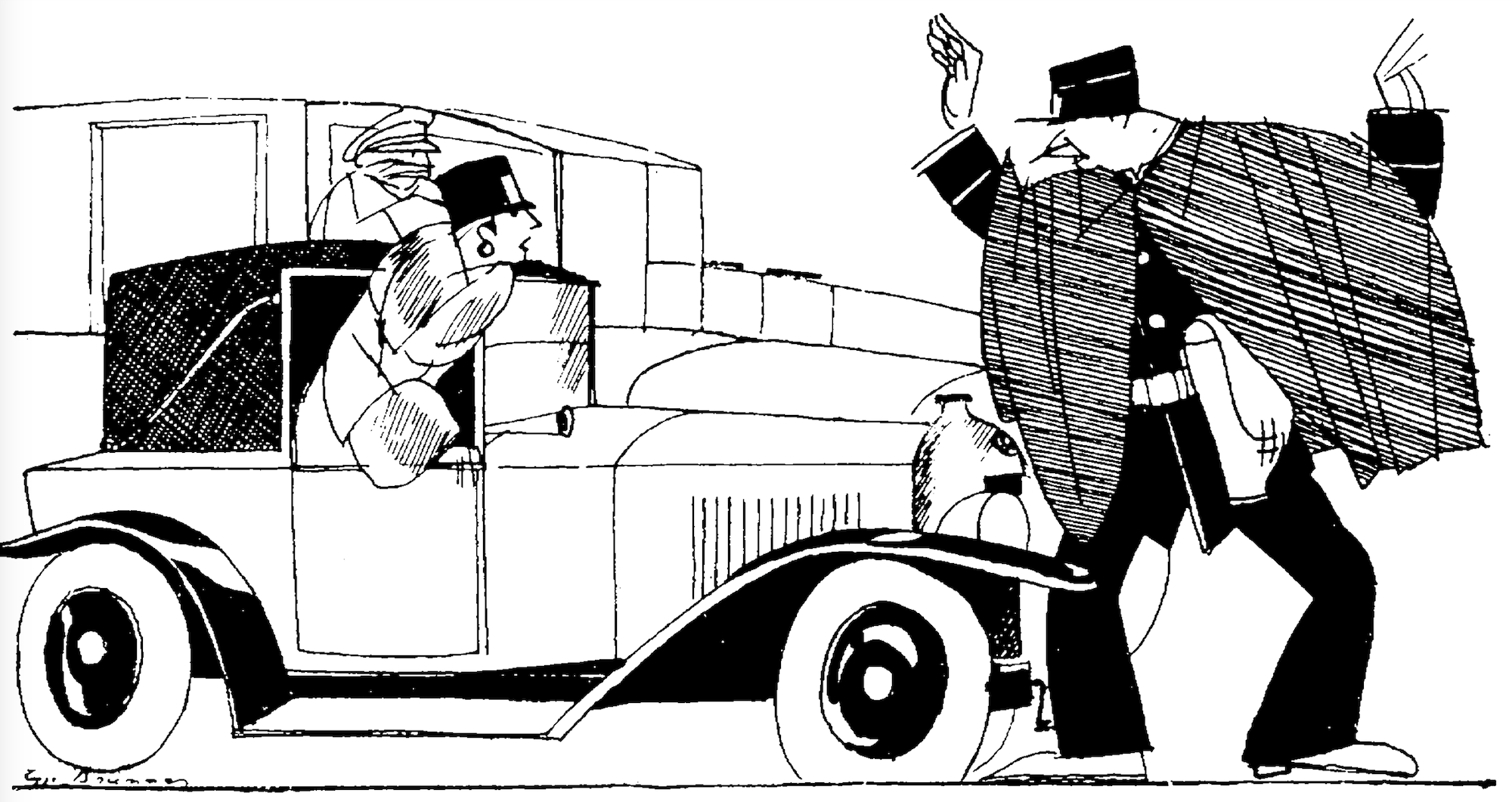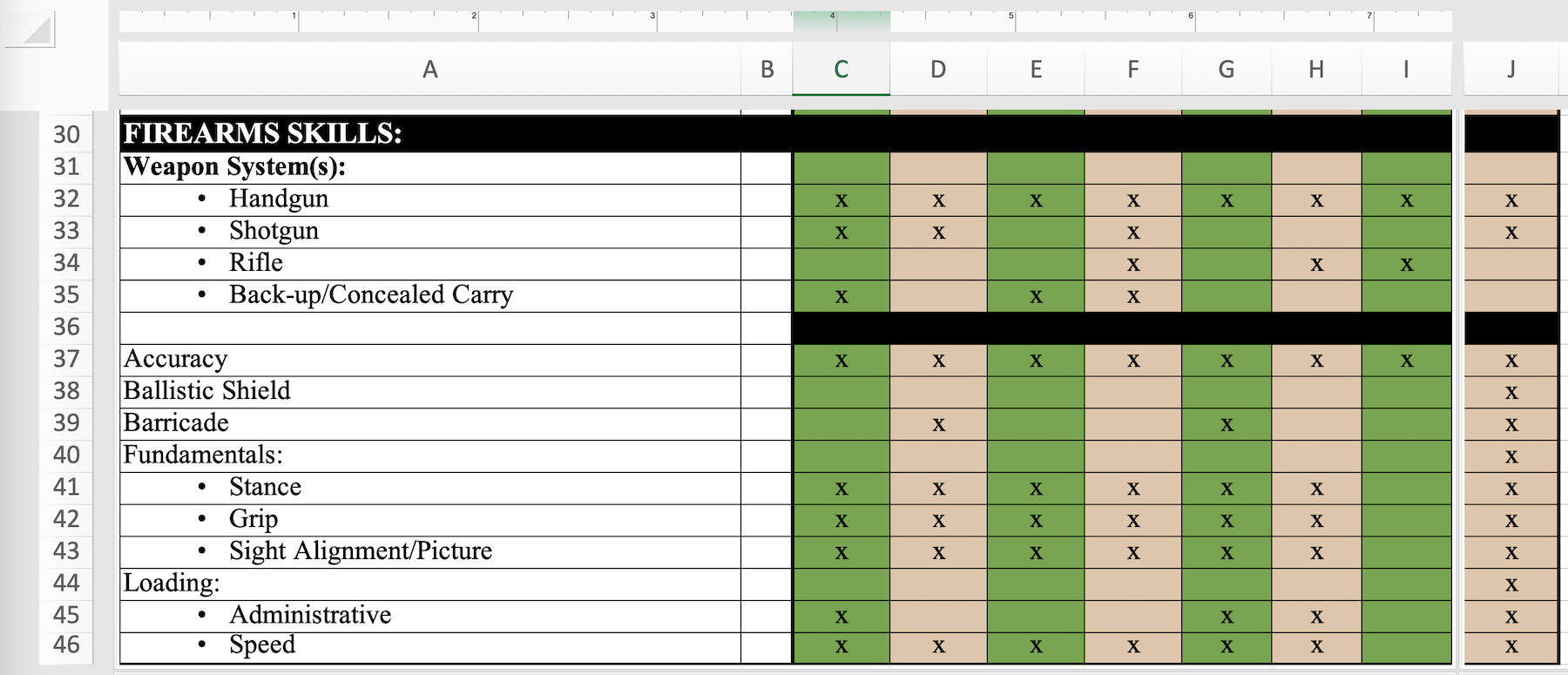
badge
In his article “Rise of the Warrior Cop” (Wall Street Journal, July 22, 2013) Radley Balko offers the opinion that, for a variety of reasons, some law enforcement agencies have become too militarized and are using SWAT resources in incidents not justified in their usage. Several American COP readers, who I happen to know to be excellent SWAT Commanders with their current agencies, asked if I’d read the article and comment on it here.
One of the highlights of my career was the time I spent as a SWAT team leader and later as a team commander. My initial SWAT training came from those who pioneered the concept on the Los Angeles County Sheriff’s Department simultaneous with LAPD’s invention of SWAT in the late 1960’s. To this day I follow developments and issues related to SWAT with great interest.
I’m not a particular fan of Mr. Balko and don’t agree with his underlying “agenda” in the topics he writes about. In this case, however, I think he offered several valid points, which those currently responsible for SWAT teams ought to consider. His first point, and he illustrates it with examples, is using SWAT “for effect” to conduct raids on such things as backroom gambling operations. Secondly is the use of SWAT in situations where that resource is not really needed for the sole purpose of justifying the expense of the resource.
Evolution
In the initial years following SWAT’s creation, its intended and most frequent use was in barricaded suspect incidents, particularly those in which hostages were taken. I doubt anyone would argue against the use of SWAT in such situations and if they did they should be ignored. Today we often use a different approach to active shooters other than a full complement of SWAT personnel — it’s the nature of the growth and evolution of tactical responses.
Over time SWAT has come to be utilized in pre-planned events such as high-risk warrant services, takedowns of marijuana grows and other incidents in which the probability of armed suspects/resistance is high. This is certainly justifiable, prudent and an efficient and effective use of a highly trained, specially equipped resource.
What cannot be justified — and where I agree with Balko — is using SWAT in low-risk incidents simply to justify the existence of the team and the costs of maintaining it. Using them to break up a gambling game simply because gambling happens to be a crime, particularly when undercover operatives involved in the game have identified no weapons threat, is a misuse of the resource.
You don’t use a bulldozer when a hammer will do.
Costly Elitism
There are several downsides to using SWAT in situations where the risk of armed resistance (which is certainly always a possibility) is minimal. Primarily it’s not cost effective. Mobilizing an entire team with all of its logistics and support equipment is expensive. Secondly, and perhaps of greater importance, it sends a very negative message to the rest of the department. The unnecessary use of SWAT tells patrol officers and detectives they’re not viewed as competent to handle such situations.
Using the team unnecessarily also contributes to the perception SWAT is a standoffish, elite group whose members think they’re better than their fellow officers. Any SWAT commander worth his/her salt should go out of the way to include non-SWAT personnel as integral to the success of an overall mission. Every responder is important, and every job — whether performed by a SWAT member or reserve officer — is critical to the success of the overall operation.
Not Political Tools
To avoid the potential for inappropriate use of the SWAT resource, enlightened teams use a matrix to determine if a SWAT response is justified. Such a matrix assigns a numerical value to each of a series of considerations regarding the incident. The points are tallied, and unless the minimum acceptable level is attained, SWAT isn’t used.
And while it wasn’t directly discussed in Balko’s article, it was clearly implied: SWAT should not and cannot allow itself to become a tool of politicians, nor can it become a force in opposition to the Constitutional protections we enjoy as citizens. Accuse me of overreacting, but the potential for government administrations to commandeer and use SWAT to pursue inappropriate agendas is high. As the ones responsible for the execution of SWAT missions, our oath is to the Constitution, not those who happen to hold elective office at any particular point in time. We need to guard against such potential misuse at all costs.
In the past, many agencies have financed much of our specialized SWAT equipment — weapons, hard armor, robots, NVD’s and vehicles — through federal grants. Read the fine print before you apply for your next grant of this type. Any requirement that said equipment be made available for federal use staffed by city, county or state level officers may well be in violation of both the Constitution and federal law. Consider this before jumping full steam ahead into competition for such grants.
Questions, comments and suggestions for future columns can be sent to Jerry at [email protected]
By Jerry Boyd


 (No Ratings Yet)
(No Ratings Yet)



